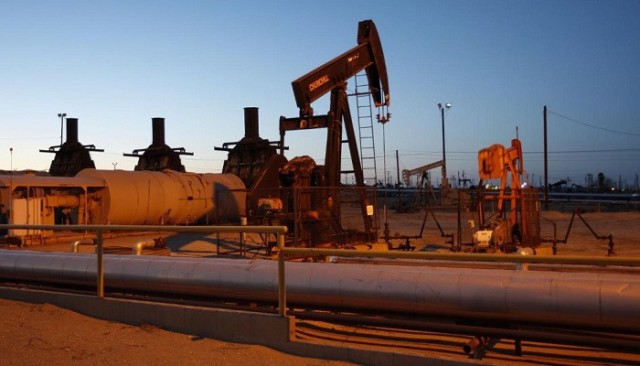International oil prices rose during trading on Wednesday, coinciding with the United States' announcement of a ban on Russian oil imports.
On Tuesday, the administration of US President Joe Biden announced an immediate ban on Russian crude and other energy imports, while the United Kingdom announced that it intends to phase out Russian oil imports. Until the end of 2022 in response to the invasion of Ukraine.
Shell also decided to stop the immediate purchase of oil and natural gas from Russia, as well as to close its refueling stations there and other operations.
For his part, Endermit Gill, Vice President of the World Bank for Equitable Growth, Finance and Institutions, said that the continued high oil prices driven by the Russian invasion of Ukraine could reduce the growth rate of major importing developing economies. For oil, such as China, Indonesia, South Africa, and Turkey, by about a full percentage point.
In a blog post published yesterday, Gill explained that the war will lead to further setbacks to the growth of emerging markets that are already late in recovering from the (Covid-19) pandemic, and are struggling with a group of of uncertainties ranging from debt to inflation.
Today, Brent crude futures for May delivery rose by 1.89% to reach $130.40 a barrel, while the US NYMEX crude for April delivery rose 1.56% at the level of 125.63 dollars per barrel.
Yesterday, data from the American Petroleum Institute revealed that crude oil inventories in the United States increased by 2.8 million barrels for the week ending on March 4th.
The American Institute indicated in its weekly report that gasoline stocks fell by two million barrels during the past week, and distillate stocks decreased by 5.5 million barrels.
It is scheduled to announce official data on stocks by the US Energy Information Administration, today, while expectations indicate a decline in oil stocks by 700 thousand barrels.









































